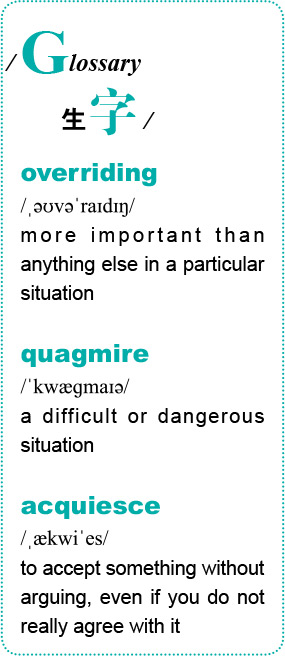
Former U.S. Secretary of State Henry Kissinger, a scholar, statesman, and celebrity diplomat who wielded unparalleled power over U.S. foreign policy throughout the administrations of Presidents Richard M. Nixon and Gerald Ford, has passed away at the age of 100. Kissinger served as Secretary of State under President Gerald Ford and was known for his influence on foreign policy. He shared the Nobel Peace Prize for the secret negotiations that produced the 1973 Paris agreement and ended U.S. military participation in the Vietnam War. His famous 'shuttle diplomacy' after the 1973 Middle East war helped stabilize relations between Israel and its Arab neighbors. With his German accent, incisive wit, owlish looks, and zest for socializing in Hollywood and dating movie stars, he was instantly recognized all over the world, in stark contrast to most of his understated predecessors. But he also became the target of relentless critics who deemed him unprincipled and amoral.
Henry Kissinger, a controversial Nobel Peace Prize winner and influential diplomat, has died at the age of 100. Kissinger played a significant role in shaping the post-World War II world through his promotion of American power. He secretly reached out to China in an effort to shake up the Cold War fight against the Soviet Union, leading to a historic visit by President Richard Nixon in 1972 and the establishment of relations between the US and China. Kissinger was awarded the Nobel Peace Prize for negotiations to end the Vietnam War, although the conflict did not immediately end. He was known for his controversial philosophy of realpolitik, which involved nations pursuing their own interests through power. Kissinger supported actions such as the undermining of Chile's elected Marxist president Salvador Allende, the coup by General Augusto Pinochet, Indonesia's seizure of East Timor, and Pakistan's mass atrocities in Bangladesh. Despite his controversial actions, Kissinger was respected as an elder statesman and received plaudits for his negotiations between Israel and Arab states after the Yom Kippur War. He was also known for his distinctive appearance and reputation as a sex symbol. Kissinger's death marks the loss of a prominent figure in US diplomacy.
The death of former U.S. Secretary of State Henry Kissinger at age 100 yesterday marked the end of one of the most impactful — and most controversial — careers in American politics. Loathed and loved, reviled and revered, hailed as a brilliant statesman and condemned as a shameless war criminal, the German-born academic inspired fierce debate for decades. POLITICO Magazine reached out to political thinkers, academics and historians for their thoughts on how we should look back on Kissinger’s life and work. Some focused on his influence over the Vietnam War. One called him “overrated.” And another scholar noted, simply: “My mother told me not to speak ill of the dead, which pretty much precludes me from saying anything at all about Henry Kissinger.” Their answers paint a nuanced portrait of a statesman who — right or wrong, fancied himself after Metternich, the legendary Austrian chancellor of the 19th century and a subject of his 1954 doctoral dissertation at Harvard. Alongside the Russian Tsar Alexander and other European statesmen of their era, Metternich had helped build up the reactionary order that held Europe together following the shock of the French and other Atlantic revolutions.
The article reflects on the legacy of Henry Kissinger, the former U.S. Secretary of State, who recently passed away. The author recounts their personal experience of questioning Kissinger about his career during an event in Geneva. Kissinger was praised for his efforts in pursuing peace between Israel and its Middle East adversaries and establishing a relationship between the U.S. and China. However, he was also criticized for his policies in Chile, East Timor, Vietnam, and elsewhere. The author, who had prepared a question about Kissinger's regrets, received a condescending response from him, leaving them stunned. Despite the mixed opinions about Kissinger, the Geneva audience was impressed by his diplomatic finesse.
Peter Tarnoff, a seasoned diplomat who worked behind the scenes for presidents Jimmy Carter and Bill Clinton, died at the age of 86. He played a key role in establishing a secret channel to Fidel Castro and helping arrange the escape of six U.S. Embassy officials from Iran, which was later depicted in the movie 'Argo'. Tarnoff was known for his discreet influence and ability to get the job done. He served as a confidential assistant to high-profile diplomats and played a crucial role in negotiations. He established a secret relationship with a top Cuban diplomat to end the Mariel boatlift and served as a liaison between the Canadian government and the CIA during the Iran hostage crisis. Tarnoff also had a stint as president of the Council on Foreign Relations and served as the under secretary for political affairs at the State Department. He was known for his discretion and ability to understand what principals needed. Tarnoff was born in Manhattan and raised in Brooklyn. He joined the Foreign Service in 1962 and had a distinguished career before his death.